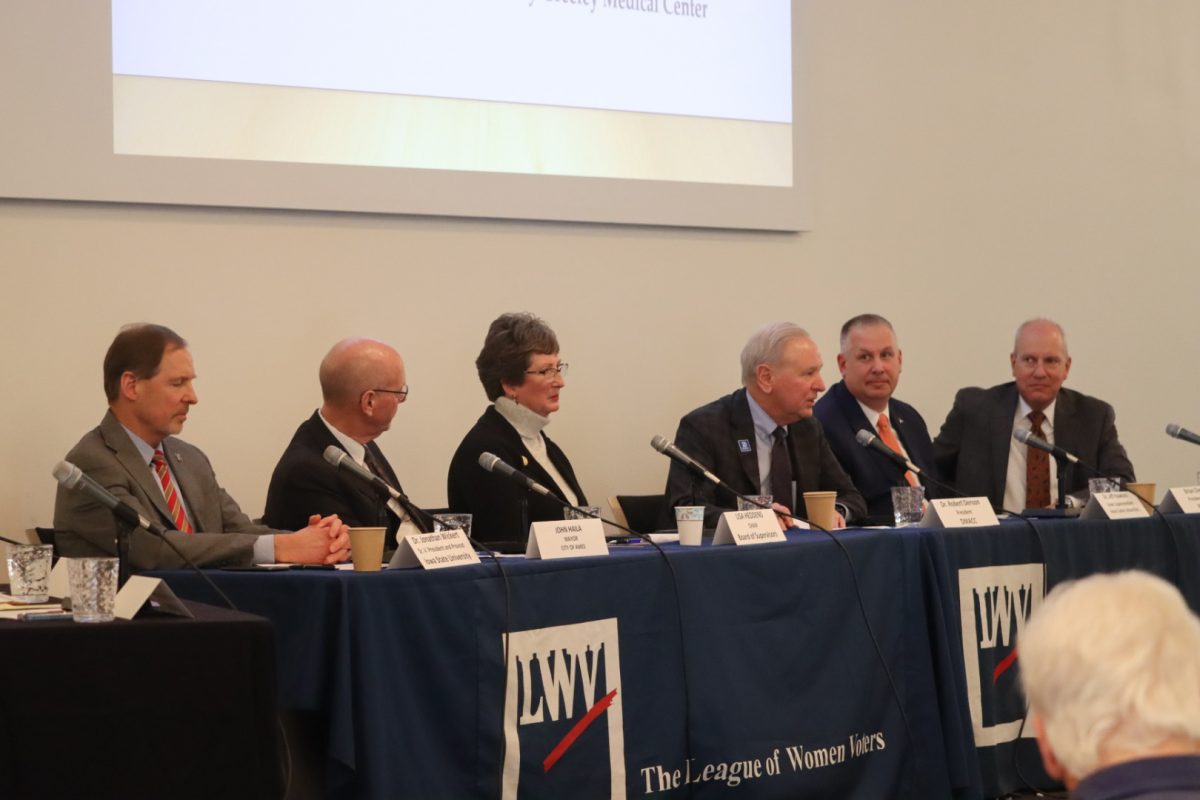Genetic information must be utilized soberly
July 10, 1995
It is time to take a step back and seriously reflect on the issues being brought up by the rapid advancement of DNA research.
Every day, another new discovery is made in the field, linking a disease or a condition to genes. Applying this knowledge in the real world presents problems.
Before doctors are able to repair all these genetic conditions, actuaries will be figuring out that knowing a patient’s genetic predispositions takes a lot of the guesswork out of selling insurance.
Just telling insurance companies they can’t require genetic testing will not work. “Well-gened” people will volunteer the information in order to get cheap insurance.
Many similar issues present themselves in this way.
What people forget is that genes do not seal your fate from the get-go. A gene that presents a 99 percent chance of diabetes at age 55 will not come into play for citizens who smoke themselves into an early grave at age 54.
Sure, genes play a major role in the health of living beings. But as people, we have immense control over our own health by regulating the kinds of stress we experience, the things we eat and the physical activities in which we participate.
Forgetting the influence of behavior on health leads people to get complacent about their health.
Legislators and philosophers are going to have to figure out the implications of these complex issues. Much like nuclear knowledge, the technology is coming faster than society can manage.
Lives are being saved by this research. But improperly managed, the power of this knowledge could do more harm than good.






